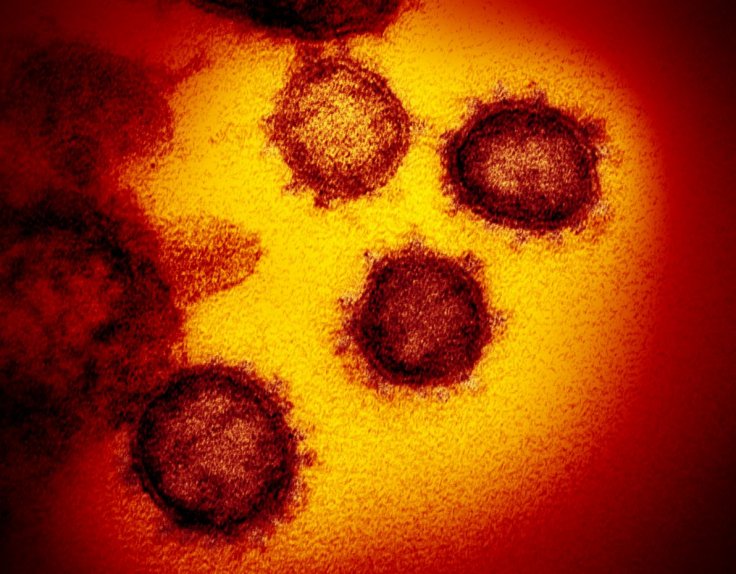Rise in temperature and humidity leads to a decrease in novel coronavirus transmission, a new study by Chinese researchers suggest. Although, it will not stop the disease outbreak altogether, the study further added.
Since the disease outbreak was first reported in China on December 31, it has spread to over 150 countries, with 381,761 cases and 16,558 fatalities till now.
Effect of rising temperature, pressure on spread of Covid-19: Chinese study

Chinese researchers at Beihang University and Tsinghua University, assessed data from over 100 Chinese cities, about the impact of temperature and humidity on the rate of Covid-19 transmission. "High temperature and high relative humidity significantly reduce the transmission of Covid-19," the Chinese researchers wrote, Daily Mail reported. To come at this conclusion, data from the cities with 40 or more Covid-19 cases between January 21 and January 23, were assessed.
Relation between temperature, humidity and the number of transmissions were tracked, before January 24, when the country was placed under lock-down, ahead of the Lunar New Year holiday. Transmission rates were estimated using the R coefficient, which measures the average number of people each person with coronavirus, infects. Presently, it's pegged at two to 2.5, i.e., an infected person can infect a maximum of 2.5 persons.
Researchers adjusted the number as per different factors
Researchers at the Chinese universities adjusted the number, according to various factors, which affect the transmission rate, such as city's population and wealth.According to the study, this number fell, with a rise in temperature and humidity. "One degree Celsius increase in temperature and one percent increase in relative humidity lower R by 0.0383 and 0.0224, respectively," the study revealed.
This appears to be a small impact, but not insignificant, that can be dismissed, according to the researchers. "In the early dates of the outbreaks, countries with relatively lower air temperature and lower humidity (e.g. Korea, Japan and Iran) saw severe outbreaks than warmer and more humid countries (e.g. Singapore, Malaysia and Thailand) do," the authors wrote.
Why do viruses do not thrive at high temperature
Although there isn't a concrete study on why the broader coronavirus family to which COVID-19 belongs, thrive better in colder temperature. But in winters, the human immune system is depressed, making it more susceptible to viruses. Immune cells, called phagocytes, are less active during winters, reducing their ability to kill viruses.
Donald Trump asserted the same
US President Donald Trump touted the same theory in February, when the number of cases in the United States, were still in double-digits. Trump said that the virus will go away in April. But a week before the next month, US recorded its deadliest day. On Monday, the country reported 10,168 cases and 140 fatalities.
Good news!! The coronavirus is going away in JUST two weeks!! Trump PROMISED us on February 10 that the virus will go away in April "with the heat." So hang on America for just a little longer for the heat to end what Trump calls the #ChineseVirus! pic.twitter.com/62Z8QPp7iq
— (((DeanObeidallah))) (@DeanObeidallah) March 17, 2020
Read more









